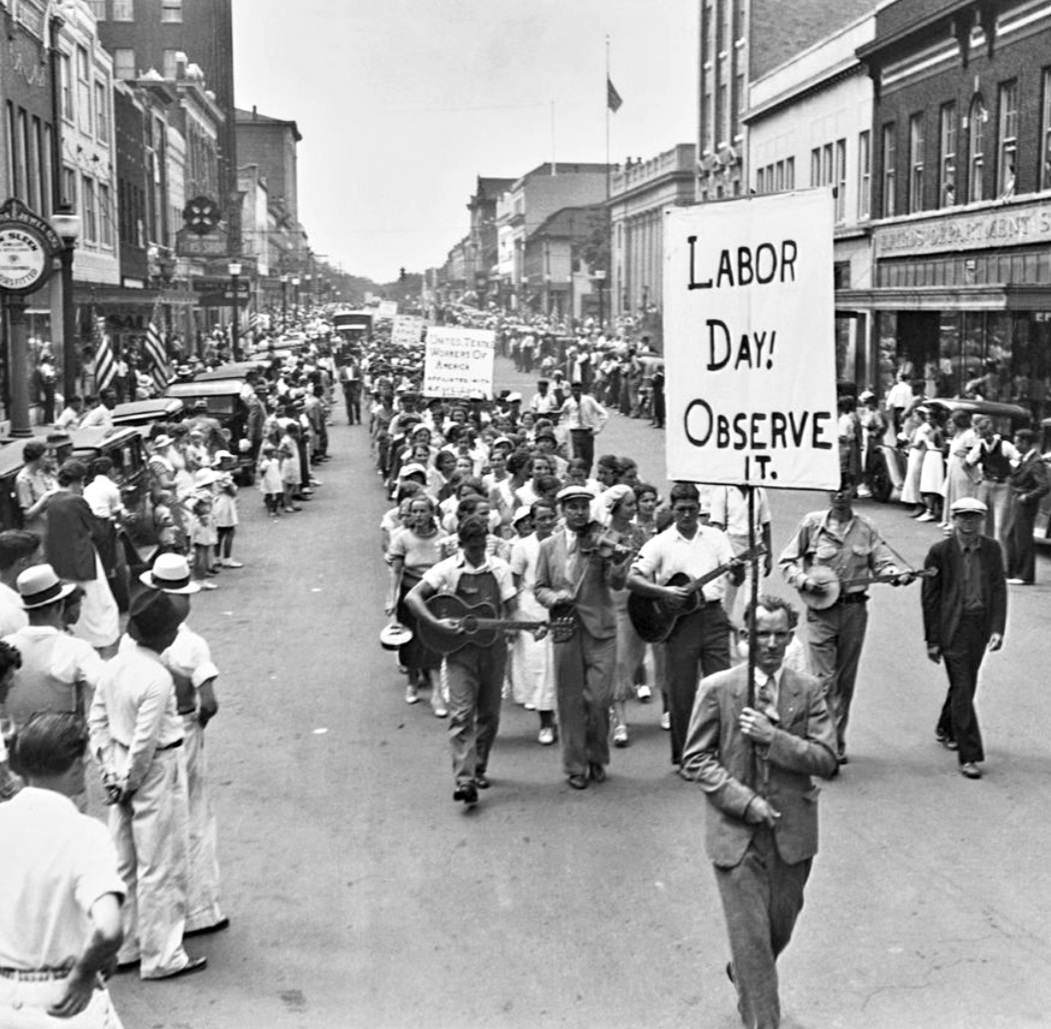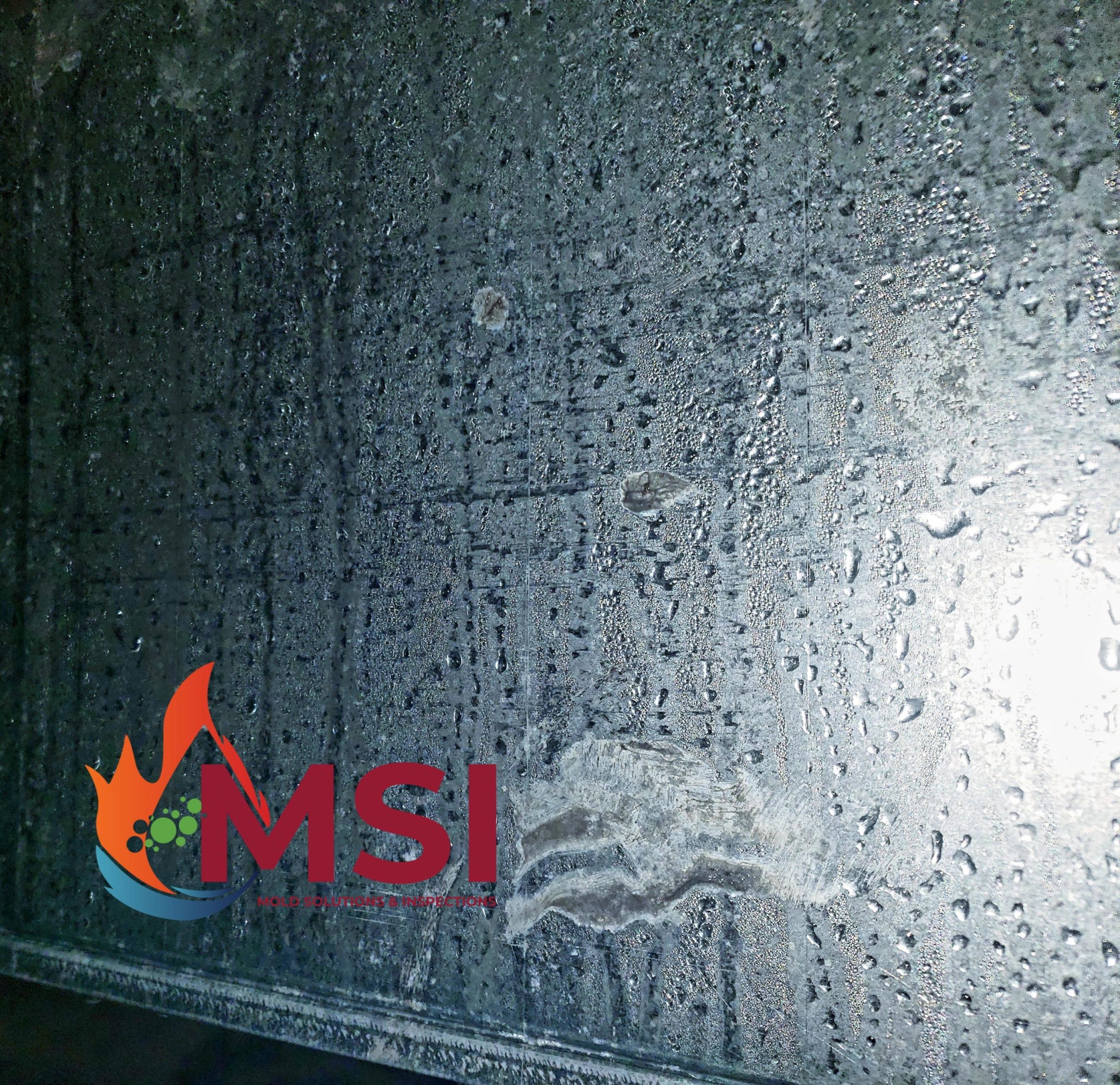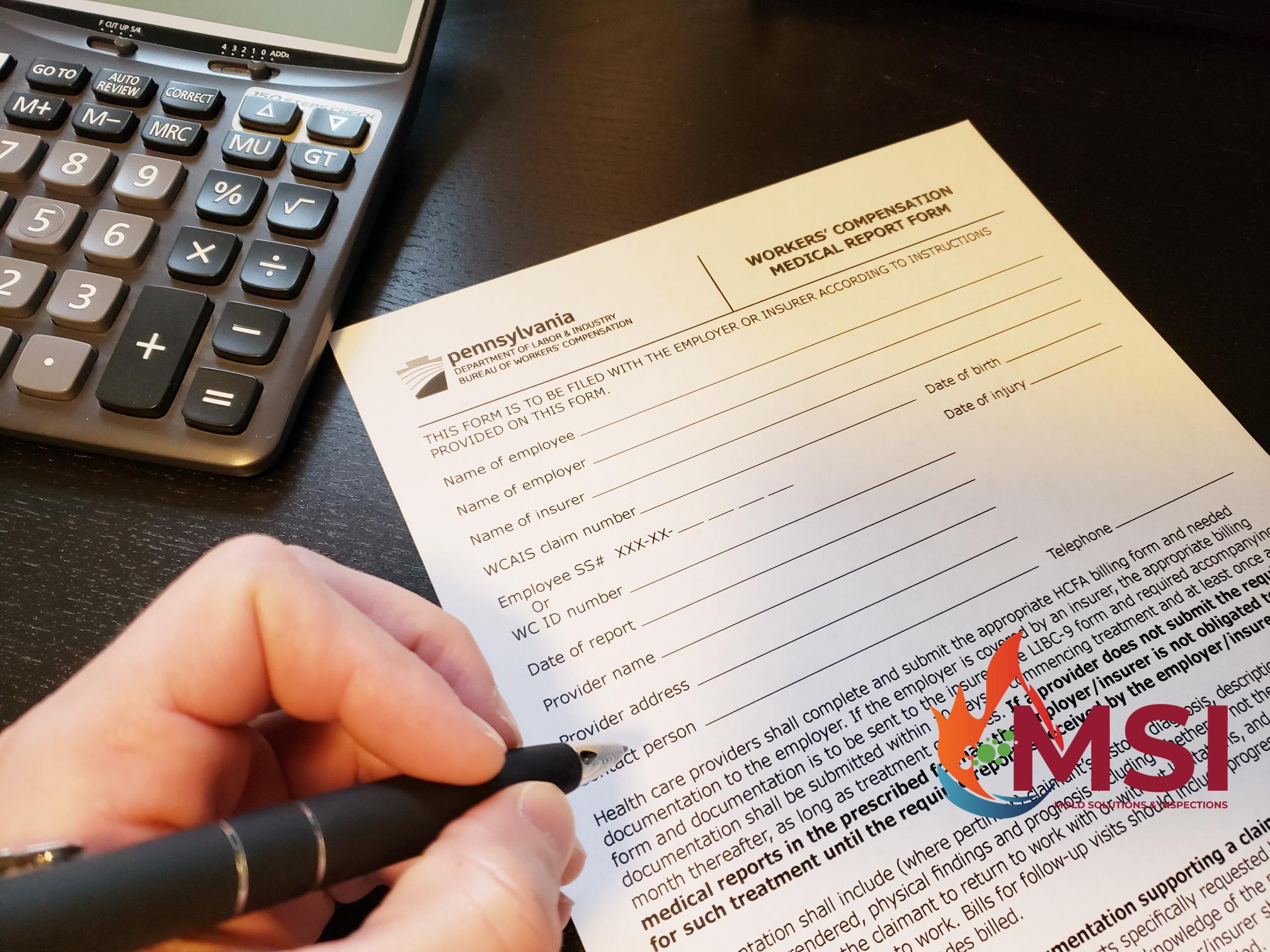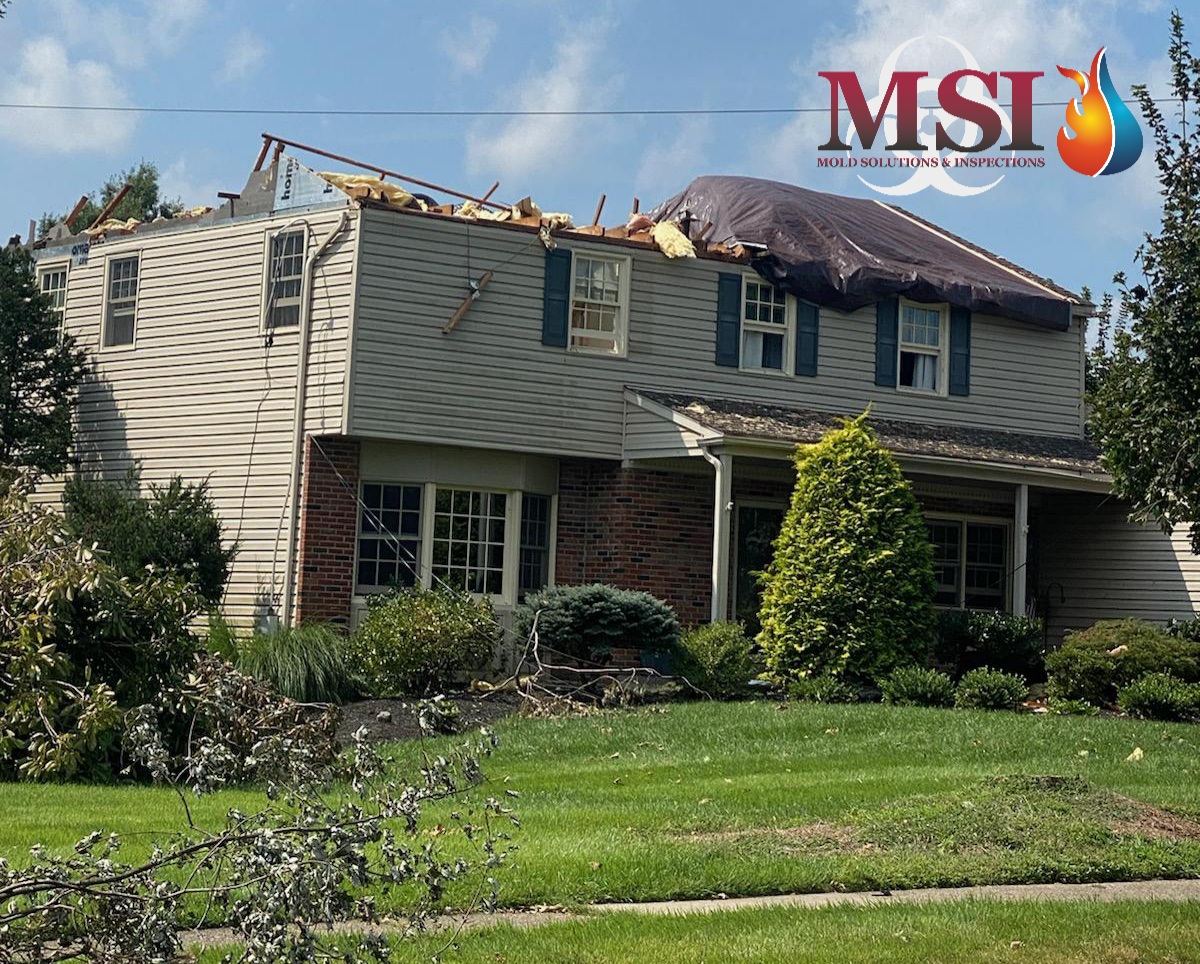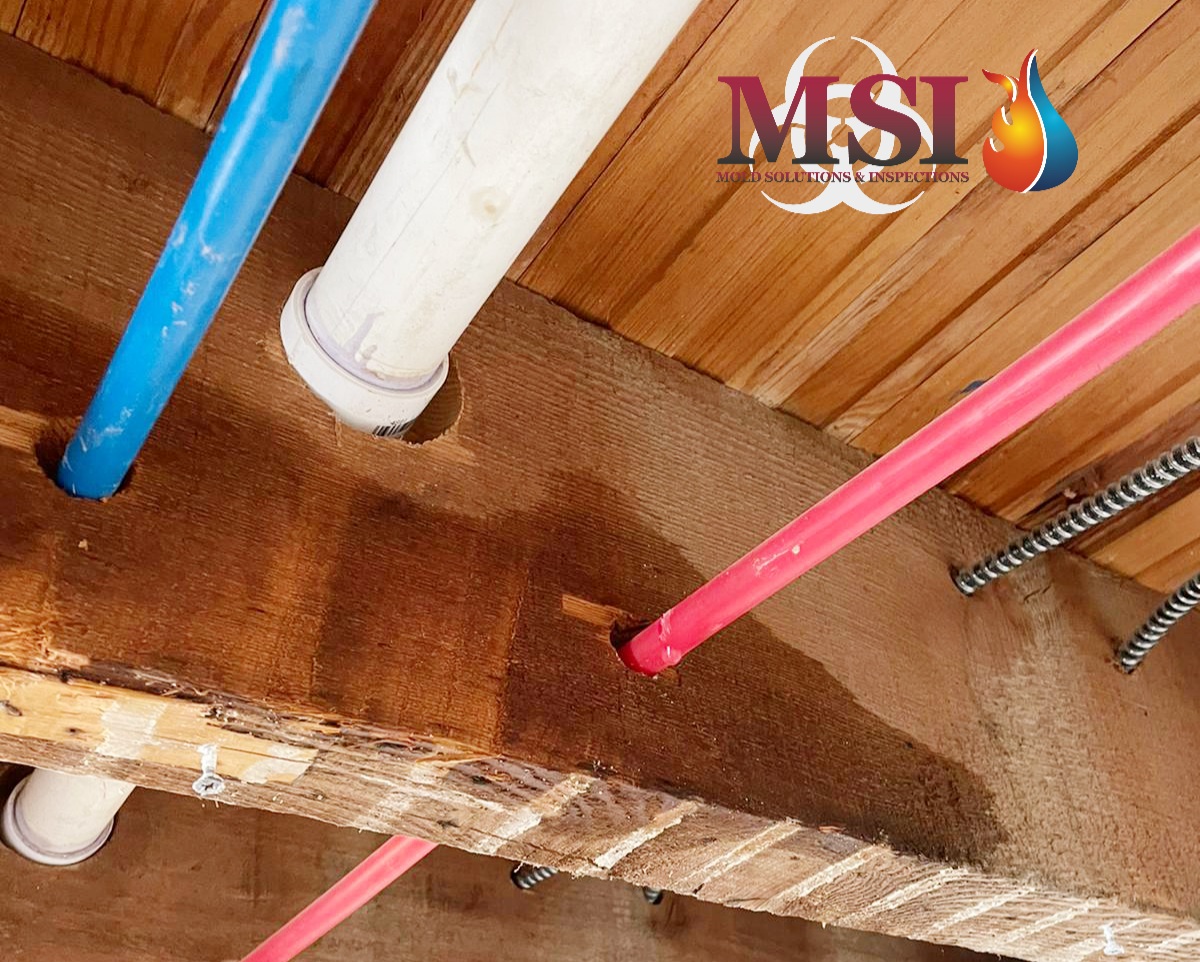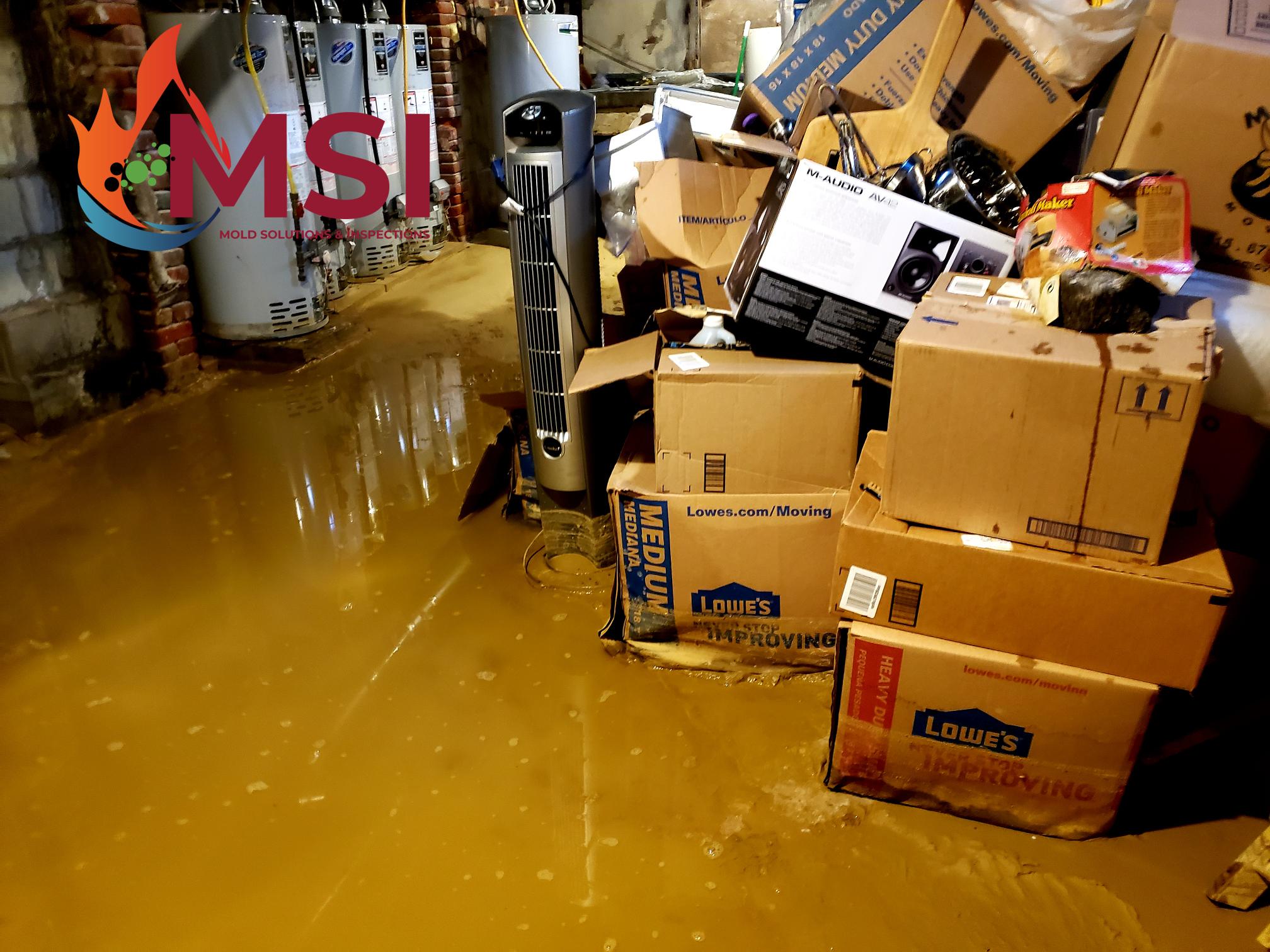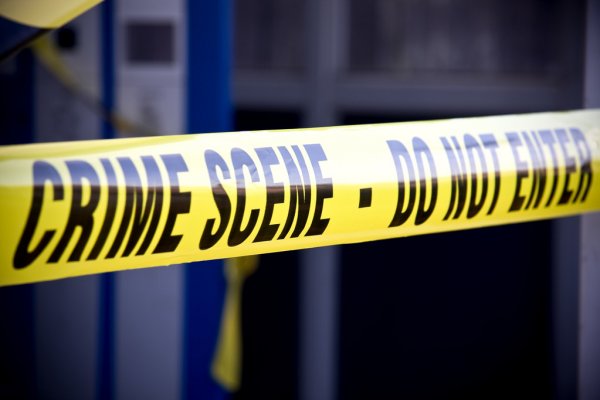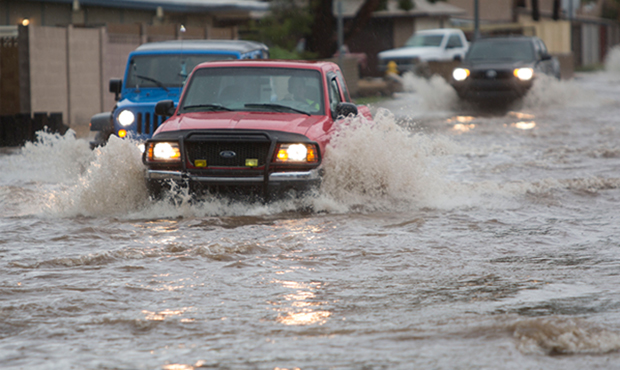The water inside pipes can freeze when outdoor temperatures drop below freezing. As freezing water expands, it causes the pressure inside the pipes to increase, possibly leading to bursting pipes.
Preventing Frozen Pipes
- Insulate pipes, especially those close to outside walls, attics or crawl spaces where the chance of freezing is greatest
- Seal air leaks surrounding or near pipes
- Keep garage doors closed if there are water supply lines in the garage
- Disconnect all outdoor hoses and turn off water to exterior faucets and sprinkler systems
- Open kitchen and bathroom cabinet doors to allow warmer air to circulate around the plumbing
- Keep heat at 55 degrees F. or higher even when you are out of town
- During a cold spell turn on both hot and cold faucets near outside walls to allow a small trickle of water to run during the night
- If you need to be away from home, leave the heat on and drain your water system before you go
- Identify the locations of shutoff valves so that you are prepared to stop the flow of water as soon as possible when a pipe bursts
What to Do When Pipes Freeze or Burst
If pipes freeze:
- Open all faucets
- Remove insulation and wrap pipes in rags
- If all else fails, call your plumber
If pipes burst:
- Shut off the water immediately to prevent additional damage
- Take proper precautions to avoid an electrical shock from being in or near standing water
- Take an inventory of any damaged property or possessions
- Contact your local claims office to help you locate a vendor specializing in emergency water mitigation services that can properly dry out the damaged area
If you should incur damages from water, call our office as we have a staff on call 24 hours a day, 7 days a week, and you’ll speak to a live person. https://www.wearemsi.com

